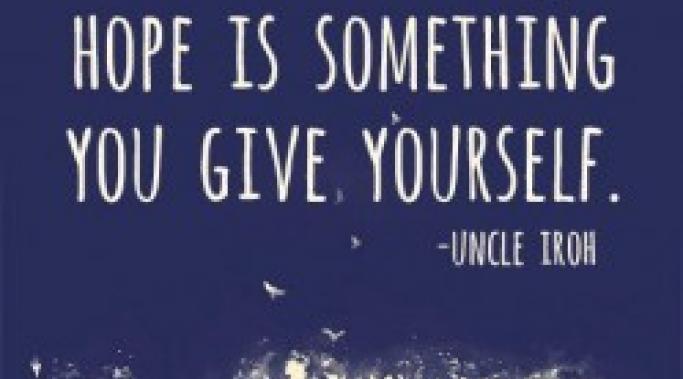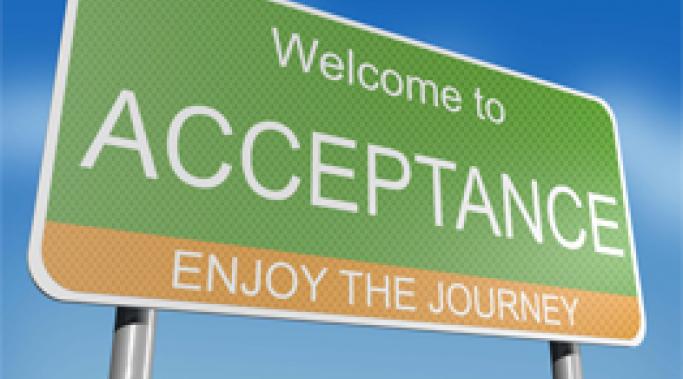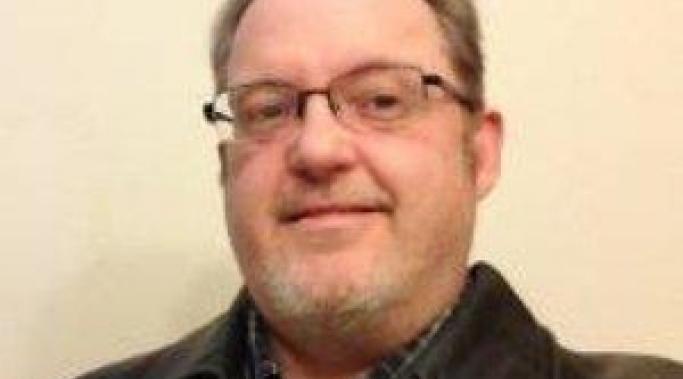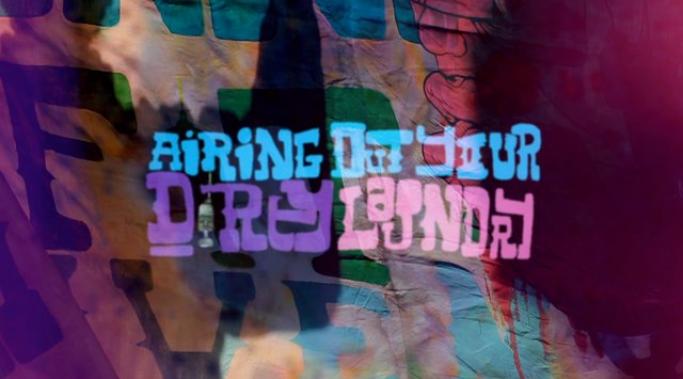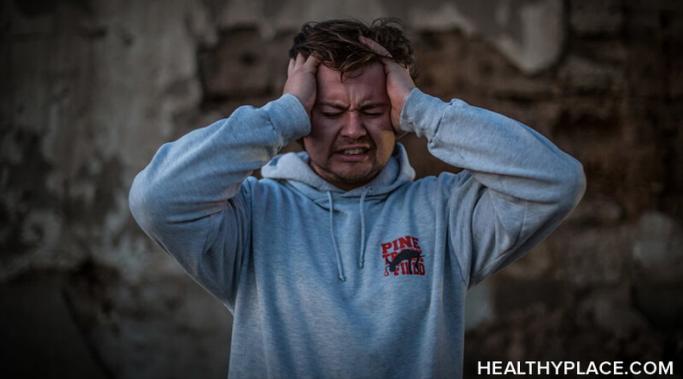Mental health recovery is an exercise in hope. Hope—the earnest expectation of coming good. Hope is indispensable to our recovery. Hope can help us move away from the terror of defeat and despondency. It's not an abstract idea that makes no real difference in our recovery. It’s the cornerstone upon which the entire recovery foundation is built. There can be no recovery without hope.
Despair on the other hand, is a hellish pit we can find ourselves in if we are not careful.
Recovering from Mental Illness
I have heard a phrase repeated by some in the mental health community. “We just want to be treated like everyone else.” Really? I don’t. Why? Because I certainly am not like everyone else and if you apply their standards to me I lose.
Another thing I’ve heard. People with mental illness should be held accountable for their actions just like everyone else—there it is again, “just like everyone else.” I understand the sentiment. It may be what they’re saying is “we don’t want to be discriminated against. Treat us like everyone else.”
The source of much of our discomfort lies in what we find unacceptable. I’m heartbroken because I don’t want to accept that person I loved is gone forever. I’m anxious because I don’t want to accept that I might actually be safe, that no one is trying to purposely hurt me. I’m sad because I have difficulty accepting that there are actually good and lovely things in this world, as well as the bad things. I don’t want to accept that I need to be on this medication now, and maybe for life. All these things, and many more, I find unacceptable.
When should the symptom-induced guilt and shame end and responsibility in mental illness begin? Chris T. (actual person, name changed) has been diagnosed with bipolar disorder. One of the ways his bipolar manifests is hypersexuality. This symptom drives Chris to act out sexually. He's a married man and over the years has had two extramarital relationships. He has come perilously close on more than one occasion to losing his entire family. Chris feels guilt and shame. He doesn't deny responsibility in his mental illness, but his wife is torn apart because of his actions.
I want to tell you about my neighbors. That is, I would tell you about my neighbors if I knew any of them. Now partly, it's a societal change. Many people just aren't neighbors anymore in the classic sense of the word. Oh sure, we'll wave across the fence, but that's pretty much it. I've lived in the same house for 14 years now.
The reason I don't do the neighbor thing is because I don't want them to know me.
One of the casualties of mental illness is often any kind of healthy social interaction. If we aren't careful, we can end up in a vortex of loneliness that serves only to make us feel worse about our mental health and cause our condition to deteriorate. Why do we, as people with mental illness, isolate ourselves?
Hello, I’m Mike Ehrmantrout. I’m glad to be joining Paulissa Kipp in writing the Recovering From Mental Illness blog.
As a child, I suffered multiple traumas. I joined the U.S. Army when I was 17 and served as a Cannon Crewmember/Gunner in a Field Artillery unit. At 23, I was deployed to Iraq for Operation Desert Storm. Upon my return, Army doctors diagnosed me with posttraumatic stress disorder (PTSD). I left the Army in 1992. The PTSD got out of control in 1996, and I tried to commit suicide. PTSD, like all mental illness, is a battle fought each and every day. I also struggle with bipolar disorder. I've been hospitalized several times due to my illnesses. I don't consider myself recovered, but I'm certainly in the process of recovery. I've learned some good coping mechanisms, but it’s a daily battle to keep away from substance abuse and other unhealthy coping strategies.
It happened again the other night. A person that I largely respect asked me about my Mental Health Awareness ribbon. Happy to have an opportunity to discuss mental health, I explained that the lime green ribbon represents bringing mental health into the limelight. This person retorted:
"There are so many crazies."
"Why talk about it? Lock them up and end the threat to society."
I lost a friend to suicide last week. A friend who struggled, triumphed and sadly, lost the battle with his mind. I have witnessed many of my friends and loved ones struggle with mental illness and it is heartbreaking on many levels.
Yet a *blessing* appeared in the form of a friend who experienced watching another friend’s depression and wanted to understand the cycle of depression better. I will share with you what my response was.
Noise sensitivity can be likened to nails on a blackboard. The constant buzz and whir of music, technology, the buzzing of Facebook notifications, ringing phones and loud conversations can be overwhelming. This sensitivity to noise is known as hyperacusis, a condition that arises from a problem in the way the brain processes noise.
